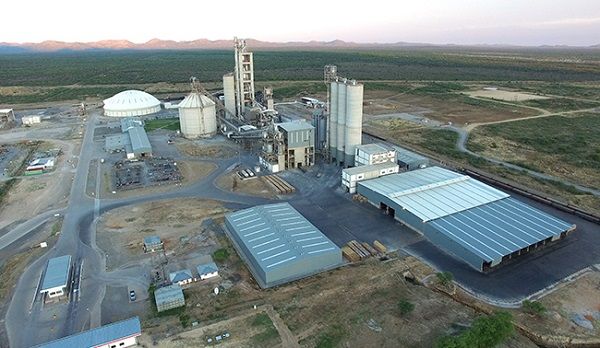
Singapore Securities Exchange sinks Ohorongo Cement majority sale to Chinese cement group

The sale of Schwenk Namibia, the majority shareholder in Ohorongo Cement, to the Singapore-listed International Cement Group Ltd, has been blocked by the Singapore Exchange (SGX) on Friday 21 June 2019. The exchange said Schwenk Namibia is not profitable and International Cement Group does not have the money for the transaction.
Schwenk Namibia owns 69.8% of the shares in Ohorongo Cement.
On Monday 24 June, the Chairman of International Cement Group, Mr Ma Zhaoyang issued two general announcements per the exchange’s regulations, informing investors and shareholders that the deal was not approved.
Quoting the exchange’s regulators, Zhaoyang stated that the Securities Trading division of the SGX was of the view that the Proposed Acquisition does not meet the requirements of a VSA under Rule 1015(2).
International Cement Group’s run-in with the exchange started after the company’s second announcement on 04 April 2019 at which point the transaction was still defined as a ‘Proposed Acquisition.’ However, given the size of the deal and the fact that Ohorongo Cement trades in Namibia, a developing jurisdiction, the exchange upgraded the deal to a so-called ‘Very Substantial Acquisition’ (VSA) which also increased regulatory compliance.
Citing the reasons for the exchange’s decline to approve the acquisition, Zhaoyang stated that the target business to be acquired [Schwenk Namibia] is not profitable. “SGX-ST noted that the foreign exchange losses arising from the SCHWENK Loan Claim remain in the pro forma financial statements after the Proposed Acquisition. As the SCHWENK Loan Claim remains and will continue to affect the accounts of the Enlarged Group after the acquisition, SGX-ST was of the view that the Proposed Acquisition is not able to satisfy Rule 1015(2) which requires the target business to be profitable.”
On International Cement Group’s own financial position after the acquisition, the exchange noted that the company does not have sufficient cash resources to fund the purchase consideration. “It intends to possibly obtain significant external loans from financial institutions and shareholders’ loan. Such loans when considered with the potential losses of the target business will result in a material adverse financial impact on the Enlarged Group. There is no certainty that the target business will be able to generate sufficient profits to service the loans.”
The Singapore Exchange further stated that International Cement must commission a pre-deal anti-money laundering due diligence carried out by an external auditor to comply with the listing rules.
So long as International Cement operates in Kazakhstan, Tajikistan, Namibia and/or any other developing jurisdiction, it must put in place adequate and effective systems of internal controls and risk management systems, according to the exchange.












































